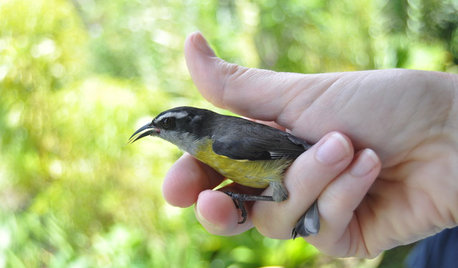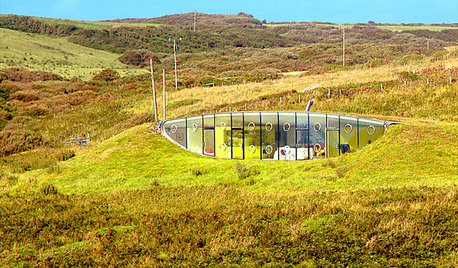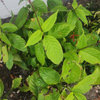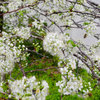papaya seed
corar4gw
11 years ago
Related Stories

GARDENING FOR BUTTERFLIESBring on the Birds: Natural Habitat Ideas for Gardens of All Sizes
Provide nesting, watering and perching spots inspired by the Costa Rican jungle and watch the birds flock on over
Full Story
GREEN BUILDINGSunlight Used Right: Modern Home Designs That Harness Solar Power
Embracing passive heating principles through their architecture, siting and more, these homes save energy without skimping on warmth
Full Story
ARCHITECTURE6 Amazing Homes Dug Into the Earth
Designed to disappear or with portions peeking out, these houses bring a new meaning to 'communing with nature'
Full Story
FRONT DOOR COLORSFront and Center Color: When to Paint Your Door Blue
Who knew having the blues could be so fun? These 8 exterior color palettes celebrate sunny-day skies to electric nights
Full Story








theoj
saldut
Related Professionals
Birmingham Landscape Architects & Landscape Designers · Brentwood Landscape Contractors · Andover Landscape Contractors · Cedar Hill Landscape Contractors · Ellicott City Landscape Contractors · Paterson Landscape Contractors · Rockwall Landscape Contractors · Greenfield Landscape Contractors · Bensenville Landscape Contractors · Bethany Decks, Patios & Outdoor Enclosures · Bloomington Decks, Patios & Outdoor Enclosures · Woodstock Decks, Patios & Outdoor Enclosures · Lincoln Siding & Exteriors · Winchester Siding & Exteriors · Honolulu Siding & Exteriorscorar4gwOriginal Author
happy_fl_gardener; 9a, near DeLand
corar4gwOriginal Author
katkin_gw
corar4gwOriginal Author
carolb_w_fl_coastal_9b
saldut
tropicbreezent